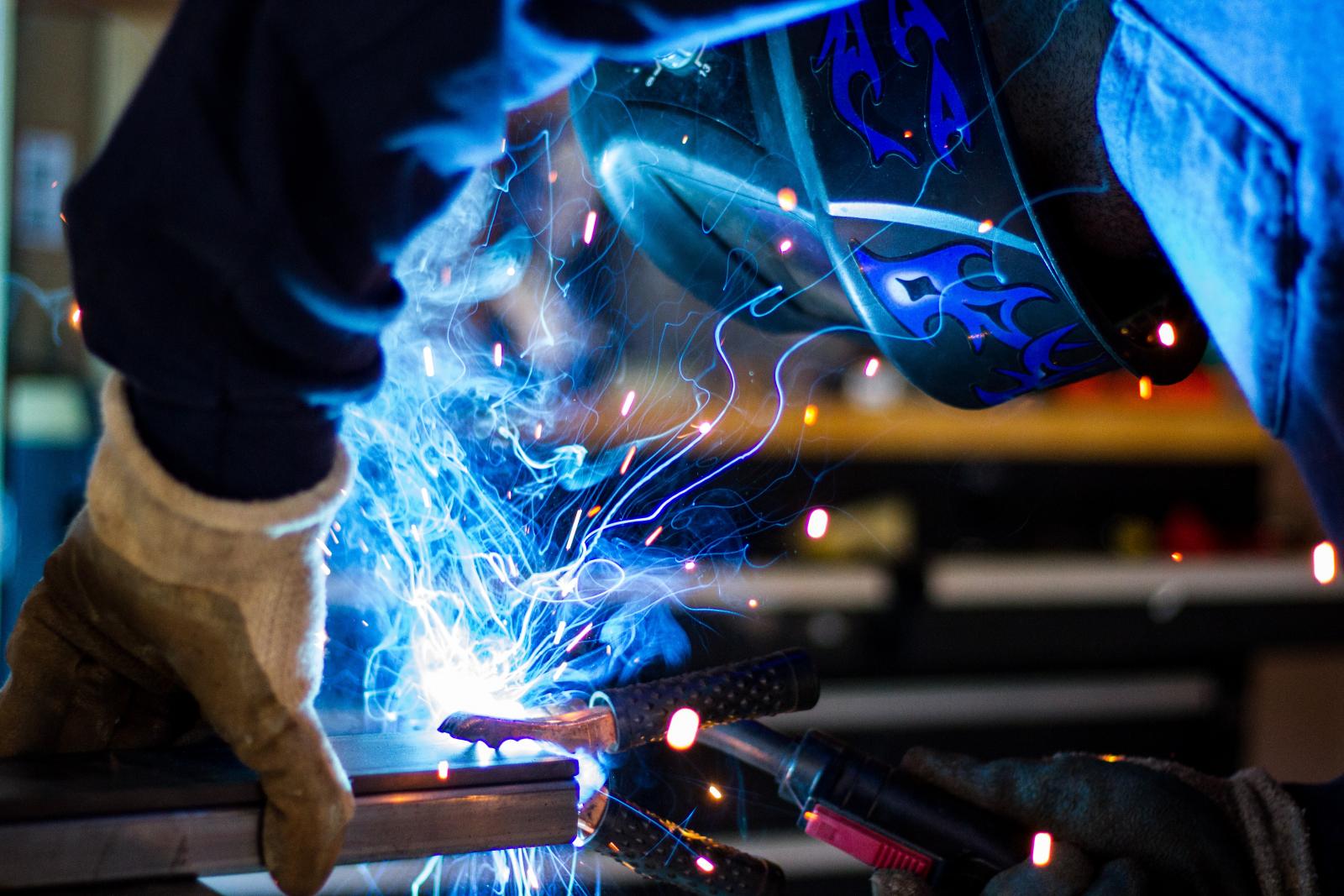
Tim Paddison, managing director of Hoffmann Group UK, asks what the Government’s ‘Super Deduction’ incentive means for manufacturing businesses?
After a turbulent year for the manufacturing sector, the government’s 2021 Budget contained several positive developments and promises to businesses. In addition to the announced extension of the furlough scheme until September, and the bonus for hiring apprentices that is now doubled to £3,000, the centrepiece of the Chancellor’s speech is the “Super Deduction” a move that will significantly benefit the sector.
Under the super deduction arrangement, for every pound that a company invests, their taxes will be cut by up to 25p. From the start of April this year, until the end of March 2023, companies can claim 130% capital allowances on qualifying plant and machinery investments. Such investments include assets used in the course of a business and, for manufacturing businesses, this could include anything from drills, cranes and machinery to new computer equipment or a company van for delivering tools to customers.
So, with the growing opportunity and incentive for manufacturing businesses to spend and invest, what benefits could this bring to the sector?
An opportunity to prioritise business growth
After a year of disrupted service caused by the complications of the pandemic and the ongoing issues posed by Brexit, the super deduction announcement is a real opportunity for manufacturers to look ahead and prioritise their business growth.
Encouragingly, along with the promise of this announcement, the sector is already starting to witness growth with the IHS Markit Manufacturing PMI reading for April 2021 reporting that in March of this year, the sector has seen the fastest output growth since late 2020. This reading attributes this growth to recent inflows of new business from both domestic and overseas markets across the sector as developments such as the vaccine rollout, ease buyers’ concern.
To further boost this upward trajectory of the sector, the super deduction also offers manufacturers the much-needed wriggle room to invest in areas they wanted to grow, prior to the pandemic. For example, if the business had wanted to invest in automation to expand its service offering, this option is now increasingly attractive with the new support that the deduction offers.
The ability to improve efficiency on the factory floor
With the incentive to spend, the super deduction also enables manufacturers to improve their operational efficiency. Having the extra budget to purchase bigger and better machinery, can not only improve the business’s service offering, but it can also free up time for employees that can be placed in other areas of the company – in potentially, more fulfilling roles.
For example, purchasing an automated packaging system under the super deduction allowance could not only maximise labour productivity, but it could also allow workers to be placed on more challenging or stimulating tasks. Whilst the perception is often that automation does not lead to employees completing more stimulating tasks, research by the World Economic Forum in its Future of Jobs 2020 Report indicated that the shift to automation would create 97 million new jobs by 2025. It was also noted that these additional jobs would have an emphasis on skills in analytical thinking and creativity that would be another benefit to the sector.
Equally, alongside the potential increase in jobs and varied tasks for manufacturing workers, these businesses can also place these employees in other areas that the business is wanting to focus on.
A chance to prioritise pre-pandemic ambitions
Understandably, after the huge disturbance posed by the pandemic, very few manufacturers were able to implement their original plans for 2020. Instead, the industry had to deal with immediate issues such as navigating working from home requirements and budgetary concerns in continuing operations.
Similarly, as if the consequences of the pandemic were not enough, the changing regulations posed by Britain’s official exit from the EU at the end of 2020, have left many manufacturing businesses having to act quickly to change their processes. Many have had to align their products to new technical and safety regulations posed by the EU, with importing and exporting requirements changing almost overnight.
However, it is hoped that now, almost five months into Brexit, and with the vaccine rollout success easing concerns for many across the sector, the industry can reanalyse prioritises and focus on moving forward.
The super deduction allows this opportunity for manufacturers to revisit business ambitions and decide whether these can be implemented again in 2021.
One of the largest priorities for the sector prior to the pandemic (and arguably reinforced throughout), is the worldwide attention paid to the climate crisis. The opportunities in the green/low carbon energy were, and still are, likely to see big growth across the sector. Particularly with the new US administration’s policy moves to re-engage with the climate fight.That Britain needs its trading friend across the ocean more than ever before, points to a renewed focus on investment in less carbon-intensive activities.
Using the super deduction scheme, manufacturers can reprioritise their environmental commitment by adopting renewable energy resources and using the tax relief over the next two years as a real opportunity to take the step. Businesses that can take advantage of the super deduction and use it to boost their environmental credentials will be at the forefront, not least because consumers (and employees) are now demanding it.
The governments’ announcement for the super deduction holds extensive opportunities for the manufacturing industry. Pre-pandemic ambitions, such as boosting green credentials and investing in machinery that can boost efficiency, are just some of the benefits the industry could witness if it takes advantage of the super deduction offering.
According to a survey conducted by Make UK earlier this year, over 48% of manufacturers expect conditions within the industry to either improve or significantly improve throughout 2021. The super deduction could support this progression and those businesses that act now, could be the ones to reap the biggest reward.